In a previous blog, we discussed how a shareholder in an S corporation or a partner in a partnership needs sufficient tax basis to claim a business loss. Tax basis refers to the amount that a taxpayer has invested in business assets, calculated by taking the purchase price and subtracting any accumulated depreciation. If the taxpayer anticipates that they do not have sufficient basis, they can seek ways to create basis before the end of the tax year in order to maximize their possible deductions.
A helpful concept for establishing tax basis is debt recourse. Partners within a partnership are liable for debt incurred by the business, which means they are also entitled to deduct losses. The IRS allows partners to increase their basis by the amount of debt where there is recourse. This means the borrower is personally liable, and the lender can collect what is owed for the debt even after they’ve taken collateral. Debt recourse can occur through signing a personal guarantee for a loan or credit card. This strategy would not be effective, however, if the business is unlikely to continue on and the owner needs to seek protection in the event of bankruptcy.

Become a Certified Tax Planner! Fully immersive year-round training and guidance on how to implement sophisticated tax planning strategies. Drastically reduce your clients’ taxes and earn premium fees!
COVID-19 created a rare situation for considering debt. Unlike past economic declines, we have a more immediate estimation of when the pandemic will end and when businesses will have the opportunity to recover. For example, if a taxpayer is a partner in a restaurant and sales have gone down dramatically because the business was shut down during quarantine, if the restaurant is able to open its doors this year and market to existing clientele, that taxpayer’s income will probably recover. Because of this likelihood, a partner may determine that it’s worthwhile to personally guarantee any business debt to create debt basis and reap the tax benefits. Because they have amounts at-risk, their partnership losses would not be limited. This is where we see a big difference between an S corporation and a partnership. A shareholder of an S corp cannot simply sign a personal guarantee to create debt basis or amounts at-risk.
Some debts, however, are considered nonrecourse. These debts do not allow the lender to pursue anything other than the collateral. Is it possible for nonrecourse debt to help establish debt basis?
An opportunity comes up when a mortgage is secured by an income-producing asset. Court cases have demonstrated that a mortgage secured by real property (fixed property, such as land and buildings) is considered qualified nonrecourse, which can give debt basis to a partner in a partnership. Congress looked at businesses like this and saw that they had paper losses, mainly coming from depreciation. If they don’t allow debt basis from the mortgage, the taxpayer would never be able to realize tax benefits from depreciation, and later when they dispose of that property, the taxpayer may still be forced to pay under depreciation recapture, where the IRS taxes the gains from selling the asset. To solve the problem of excessive taxation, Congress introduced the idea of qualified nonrecourse financing, which increases the taxpayer’s basis when it comes to real property.





